Street Photography: Presence, permission, and the unscripted moment (#390)
- Rick LeCouteur
- Aug 12, 2025
- 2 min read
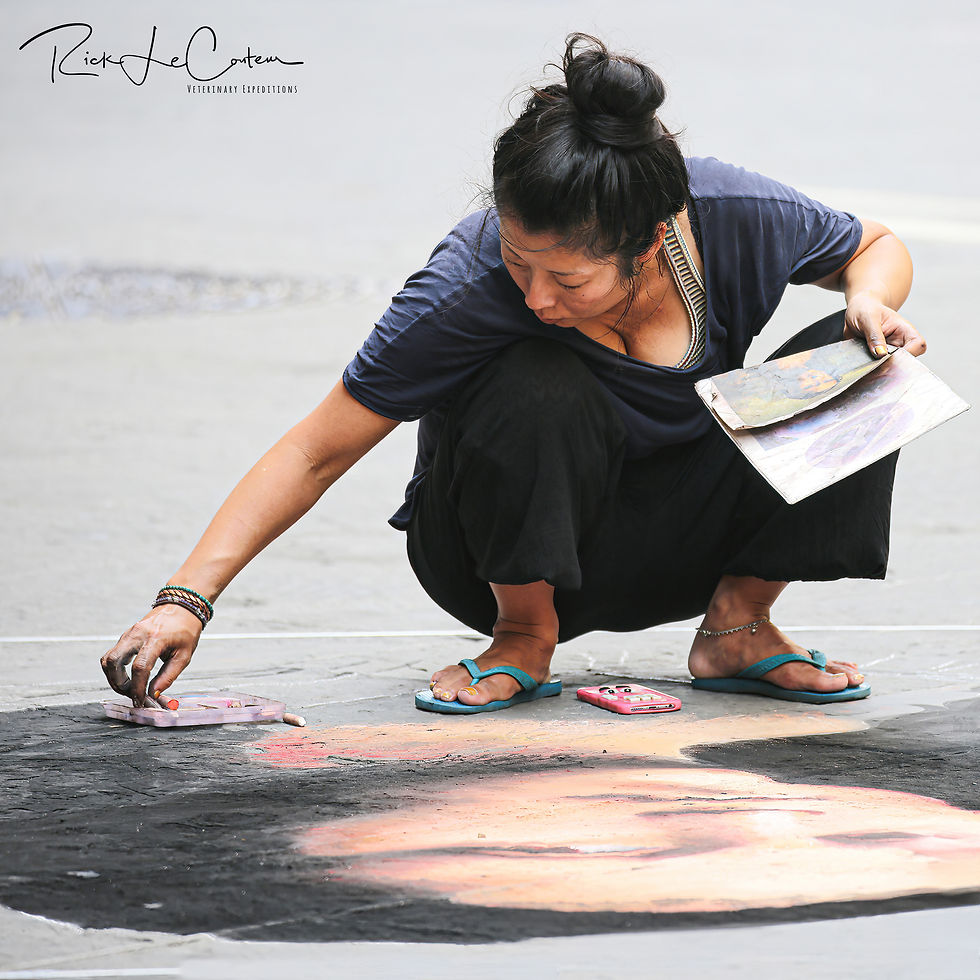
Street photography is the making of unstaged photographs of everyday life in public spaces, using observation and timing to reveal a meaningful relationship between people, place, and moment.
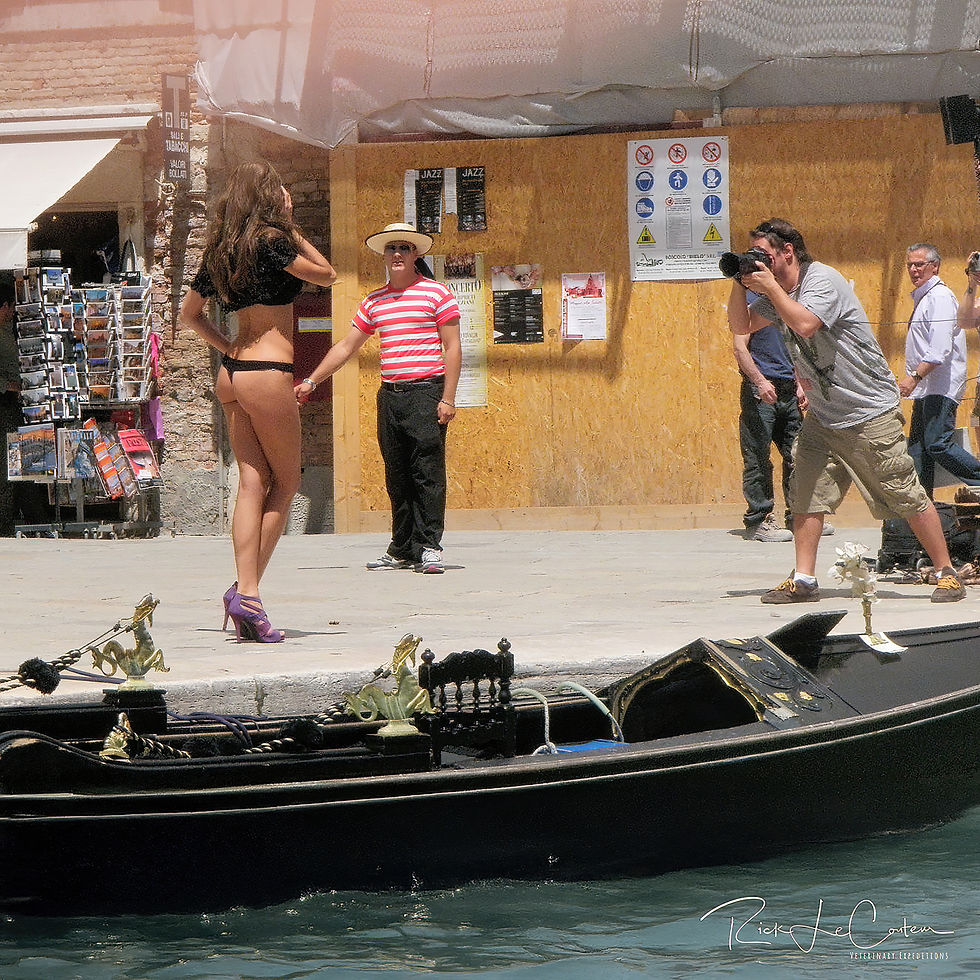
At heart, street photography is:
Finding the extraordinary in the ordinary and sharing those moments with others through the lens.
This includes:
Candid, unposed moments. The hallmark is spontaneity. Subjects aren’t directed or arranged.

Public settings (well beyond literal streets). Parks, train stations, markets, beaches count when life unfolds in public view.

Observation & intuition. You develop a keen eye for behavior, expressions, and micro-interactions and learn to anticipate fleeting moments.
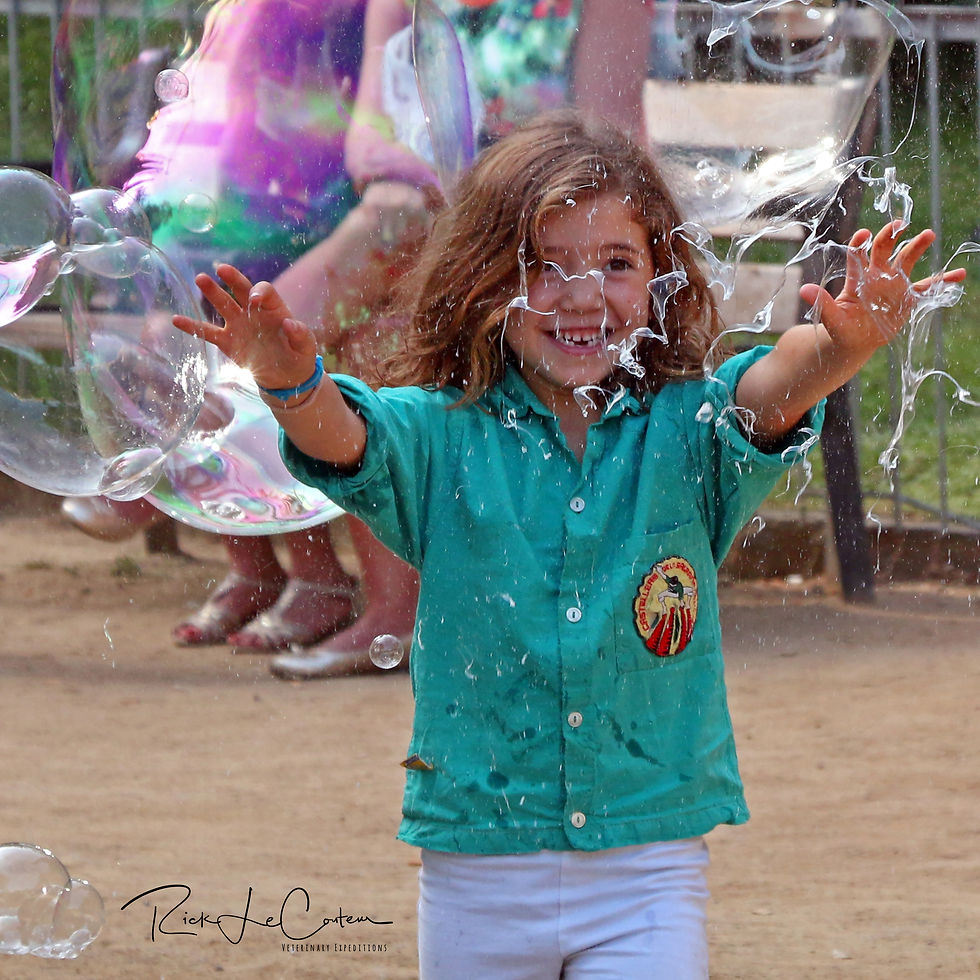
Story and emotion. Images should do more than describe. They should evoke.

A human heartbeat. People often sit at the center, documenting culture and daily ritual.

Authenticity over polish. Composition matters, but honest imperfection can strengthen the picture’s truth.

Street photography often overlaps with photojournalism and documentary work, but its aim is less about a specific event and more about the spontaneous flow of everyday life.

Permission, dignity, and when to ask
Law tells you what you CAN do.
Ethics guides what you SHOULD do.
Photographing strangers, especially when they’re clearly identifiable, raises real questions about privacy and consent. Be respectful and mindful.

Three practical approaches:
Ask-before for close portraits, intimate moments, or unequal power dynamics.

Shoot-then-ask when the gesture is fleeting and asking first would kill it. Show the image, seek consent, delete if declined.
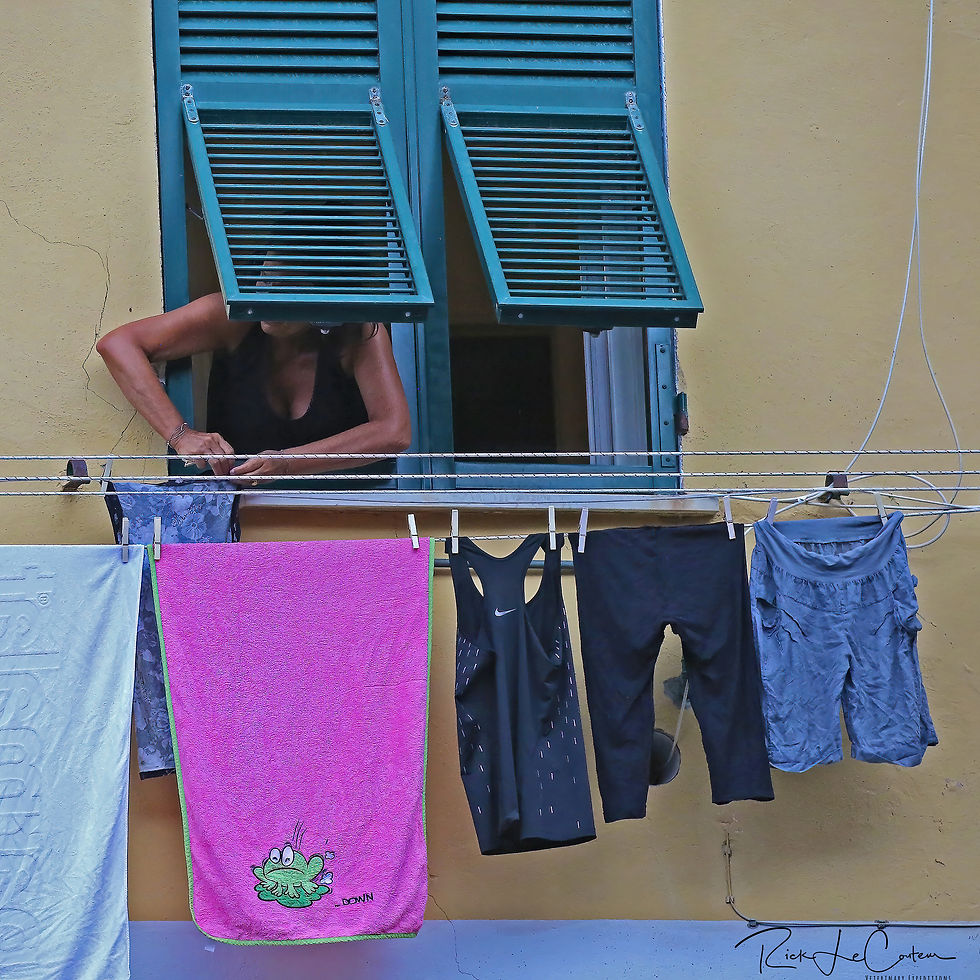
Candid-without-ask for wider scenes where individuals are incidental or where consent-gathering is impractical. Avoid frames that could embarrass, mislead, or endanger.

Children and visibly vulnerable people deserve extra care. If you wouldn’t be comfortable explaining the picture to your subject tomorrow, don’t make it today.

Rick’s Commentary
I make unstaged photographs of public life.
I prioritize dignity over novelty.
If a frame could embarrass, mislead, or endanger, I delete it.
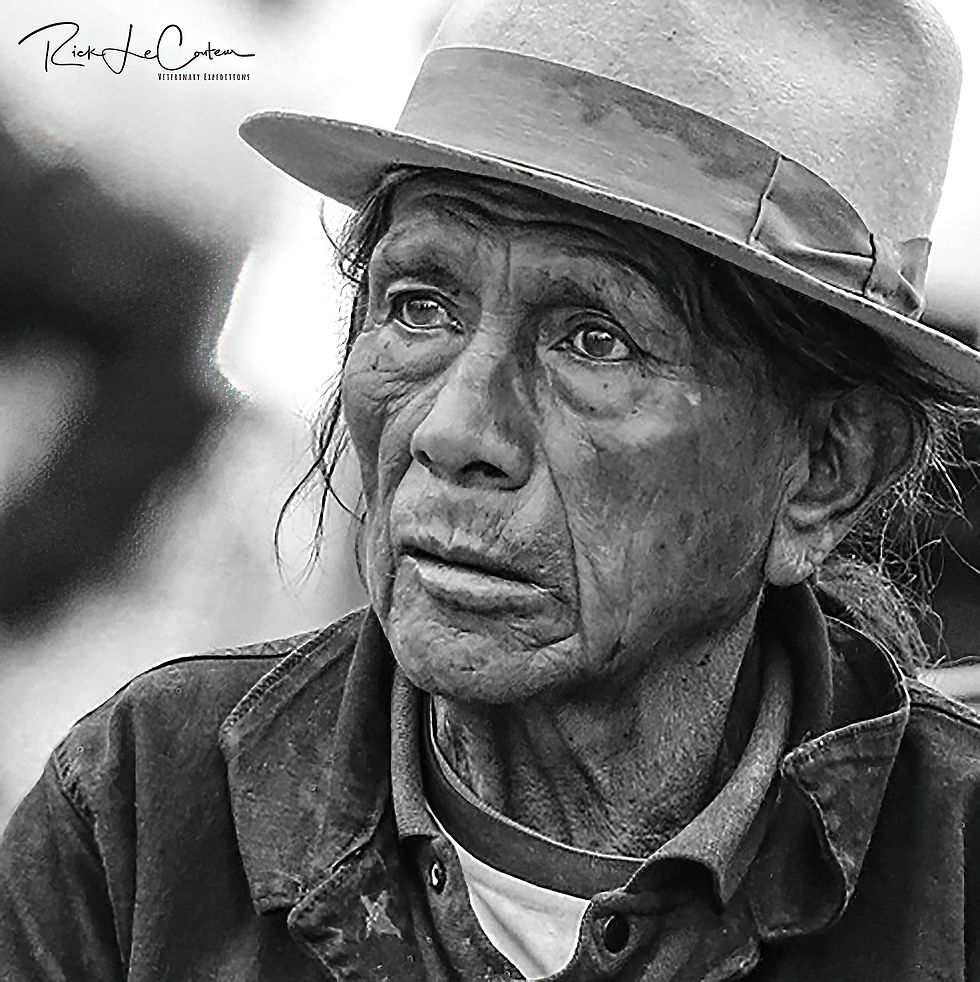
When practical, I seek consent for identifiable portraits, especially with vulnerable subjects.
If someone says no, I stop.
My edits clarify and do not distort.
My pictures should still feel honest to the people in them the day after I take them.

Street photography discovers the unexpected, the mundane, and the extraordinary in the everyday tapestry of public life.

Make street images with presence, restraint, and respect and your pictures will hold their truth.
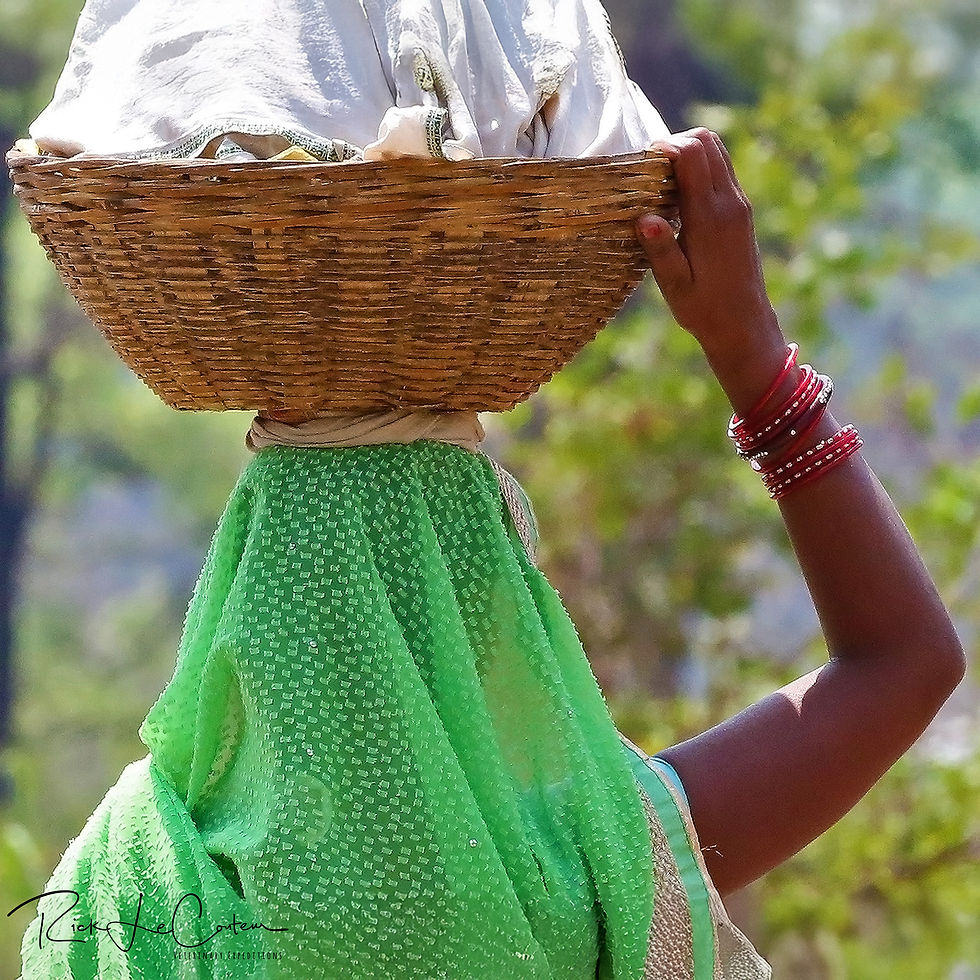



Comments